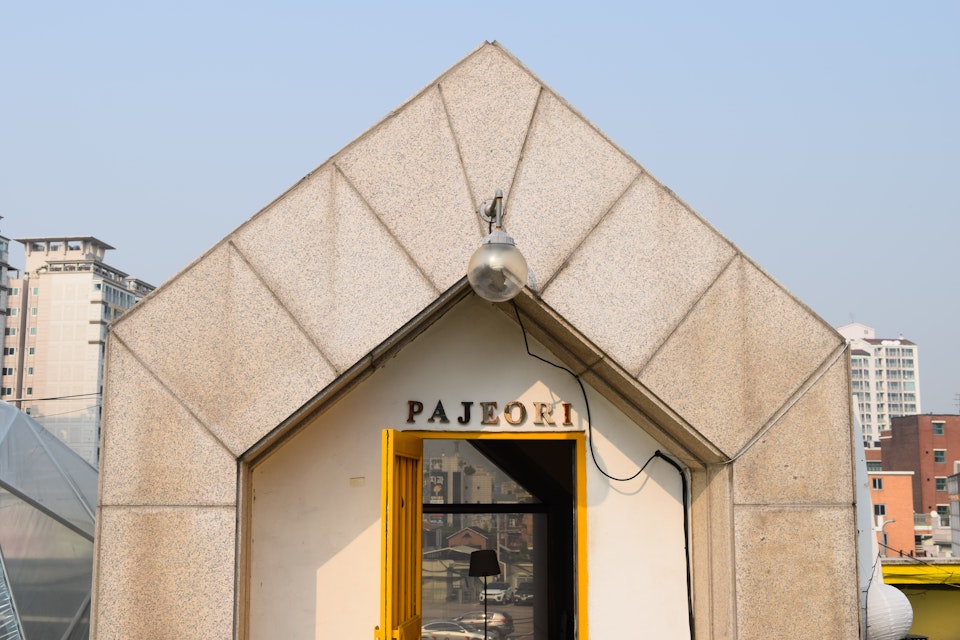December 06, 2016
Postcard from Seoul: Living Arts with a Tattoo Artist and an Urban Farmer
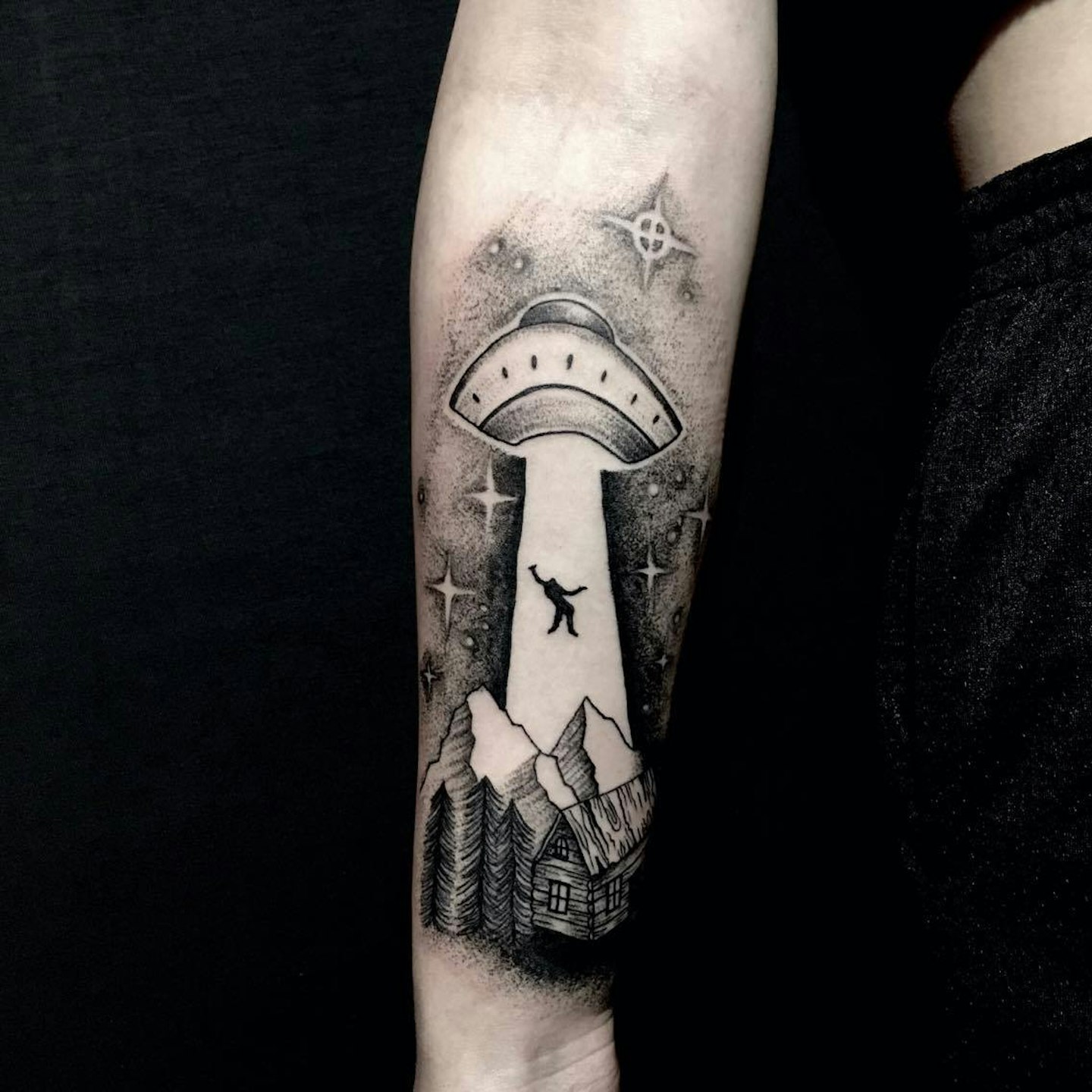
South Korea’s capital, Seoul, was appointed as a UNESCO City of Design in 2010. Seoul became part of this network due to its cultural heritage and creativity as seen through its local art scene. This year, South Korea announced its national slogan to be Creative Korea. And, it is no doubt that Seoul is up and coming as a new hub of innovation.
With this, we take a trip to Seoul and VAWAA explores two distinct living arts: one involving a tattoo pen and the other a shovel.
Nalea, Tattoo Artist
Without Nalea’s assistance, it would be difficult to find her secluded tattoo shop. The hush hush nature of the tattoo artist is primarily due to the fact that the art of tattooing is, in fact, illegal in South Korea. You wouldn’t find the name of the shop hanging anywhere.
Despite this, the tattoo industry is booming and Nalea is part of the modern generation that celebrates tattoos. When I visited, she had opened her shop about a month prior.
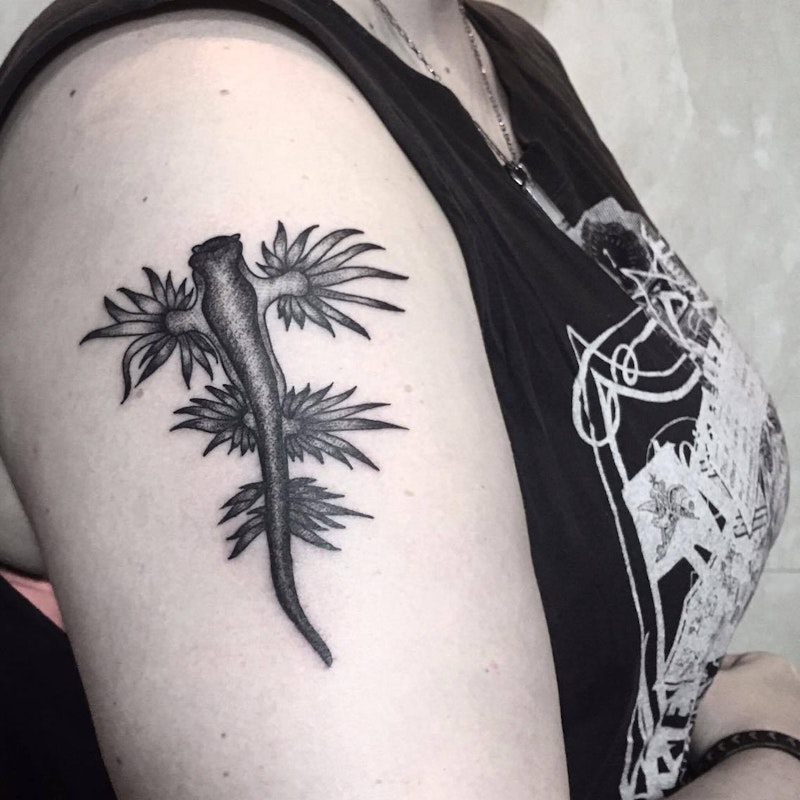
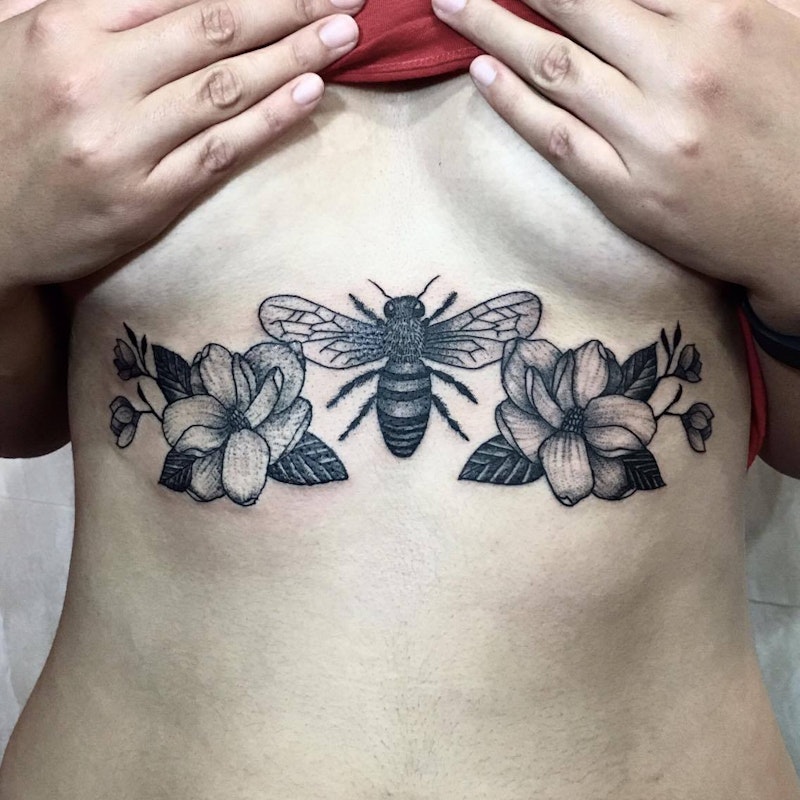
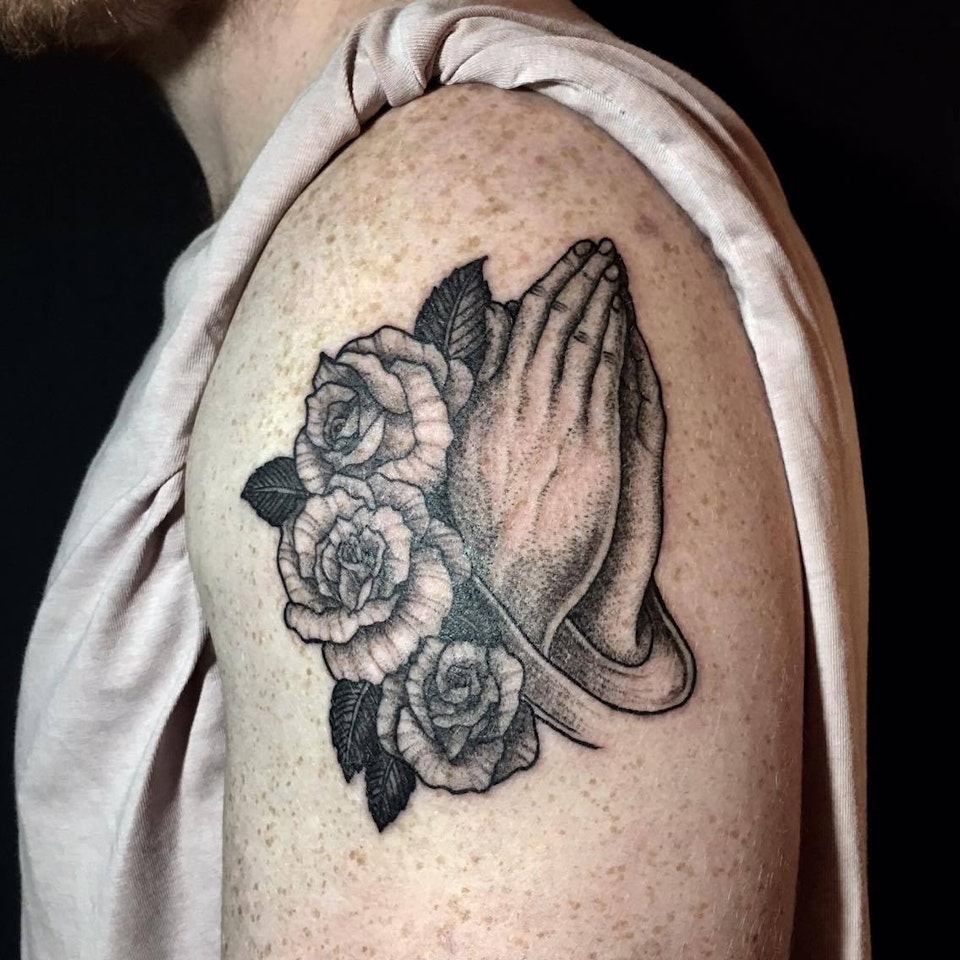
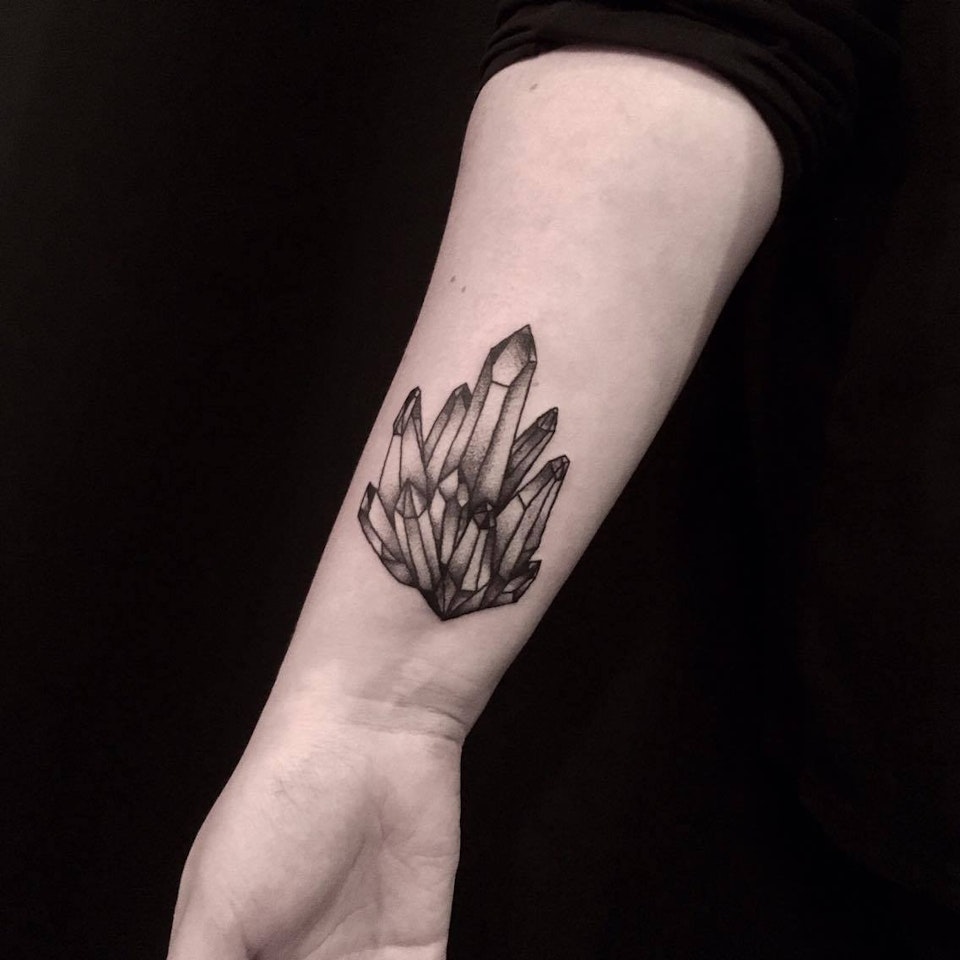
Courtesy of Ann Ravinther.
Art was always something that interested her, but instead of going to art school, she pursued a degree in biology in the U.S. She ended up dropping out, returning to her native city to teach English. She knew that this wasn’t something that would last her forever.
“I wanted to do art and make money so I looked up a bunch of tattoo artists in my area of Gangnam. And, I ended up contacting one of them.” The rest was history.
On her tattoo style...
It’s blackwork, which uses a lot of black ink with lines and dots. I like tattooing roses and skulls. It’s classic but instead of shading it the regular way, I do it with mostly dots.
On the popularity of tattoos in Seoul...
Young people see it as more of a fashion statement. Perhaps it’s due to celebrity influence as more celebrities are getting tattoos. However, the older generation think of it as a yakuza, or a gang member thing.
On the law behind tattoos...
They say that you can only tattoo if you have a doctor’s license, which makes no sense. And there aren’t exact laws under tattooing. Some tattoo artists are petitioning to make it legal, though. And, at the other tattoo shop I worked at, there were times that the cops would come. Usually they don’t care, but when someone actually reports — they’ll check it out. I heard that most of the time the people behind the reports are competitors.
Nahee, Urban Farmer
Nahee quit her job in landscaping after realizing that it was solely for complementing construction and buildings. In two years, she travelled around the world and discovered the importance of nature. Upon returning to Seoul, she joined the Greenpeace in South Korea as an Ocean’s Campaigner. However, she was more interested in food issues and when she found Pajeori — she joined it.
The word Pajeori is a shortened Korean word for youngsters of greenery. It was started by a group of university students in 2012 as a way of cultivating farmer culture in Seoul. In 2015, the corps was dismantled due to financial reasons.
Courtesy of Ann Ravinther.
“We decided to get rid of all those complications and start a non-profit! I didn’t want to end this life on this rooftop so I took charge of it all,” Nahee said adamantly. With a giggle, Nahee shared: “I wanted to be a gardener but now I’m a farmer!”
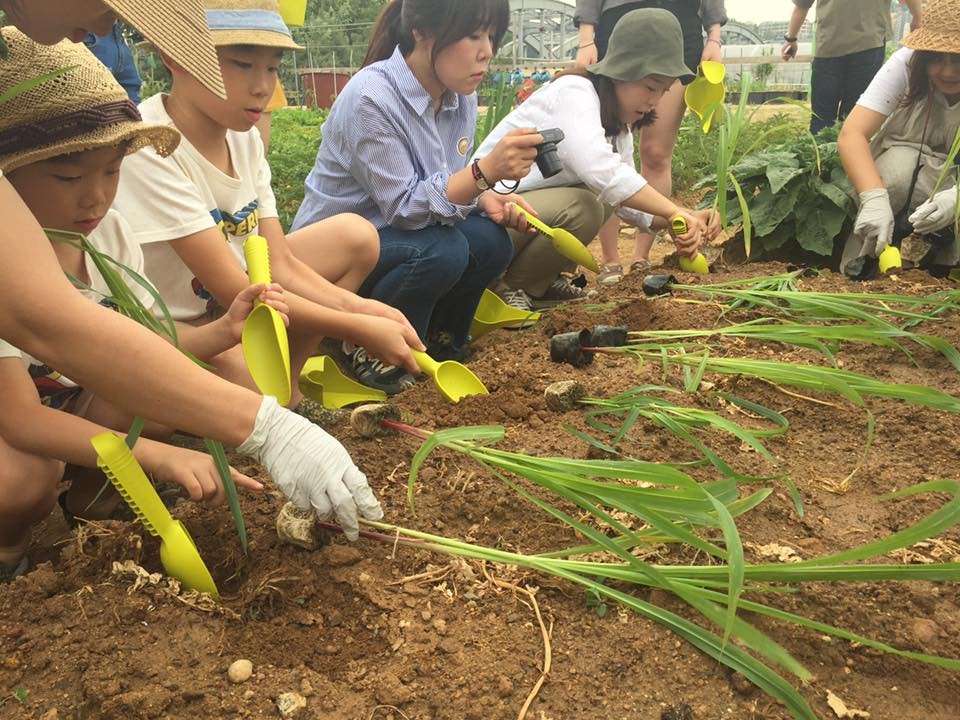
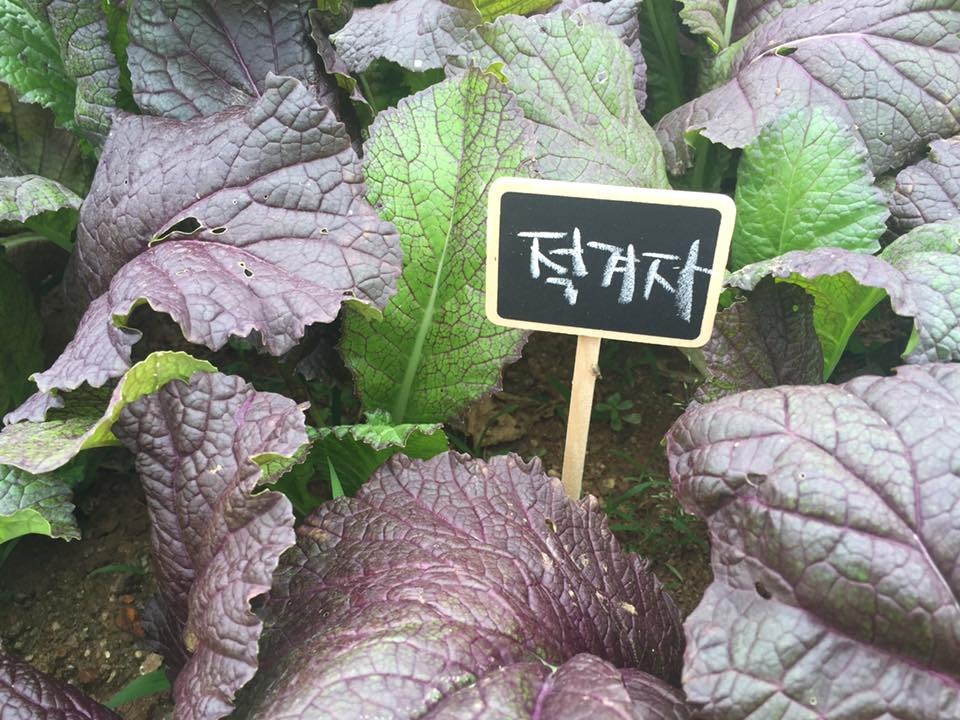
Courtesy of Ann Ravinther.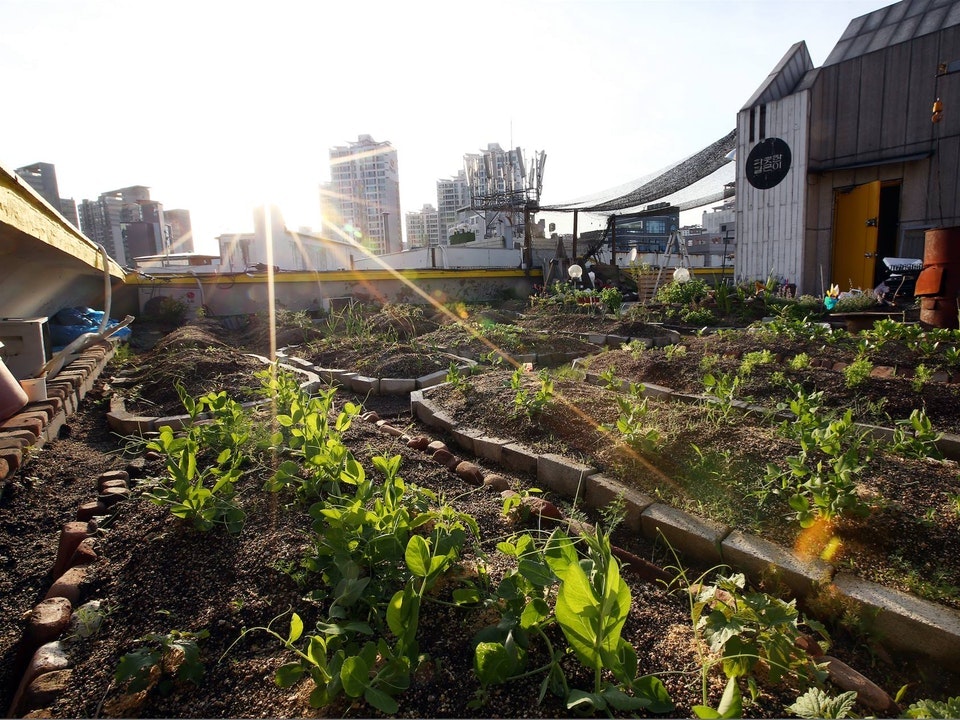
Courtesy of Ann Ravinther.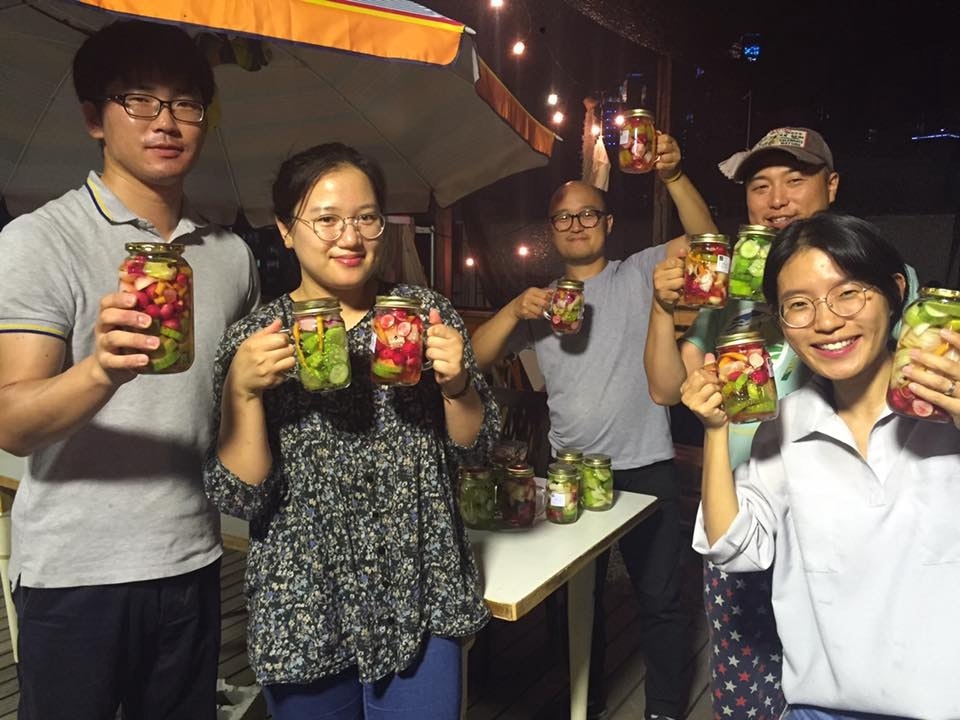
Courtesy of Ann Ravinther.
On the best months to farm...
April till June. It’s too hot in July and August. After September till end of October is good. Winter season is too cold while summer can be boiling hot.
On Pajeori’s fruits of labour...
We make pickles, organic soaps out of our mints, herbs and paste. We normally sell them at our farmer's market.
On urban farming in Seoul...
Urban farming is where you grow things in your city and choose to be close to the greens. Before, these ideas were not of interest. But in 2011, the city mayor wanted to boost the concept of urban farming. So, there were a lot of activities out of governmental effort. However, when people engage in urban farming, they tend to want to make a profit. I don’t agree with that.
On healthy collaborations...
There’s a cafe we work with. They have their own garden and we grow things out of there. We let them make a menu out of the harvest. And we also teach them how to grow their own goods, and they sell the end-products to the customer. This is a new model in the city, by the way. Collaborating with restaurants and cafes. As well as these kind of rooftops in Seoul.
Written By Ann Ravinther
For more stories and new artist updates, subscribe here.
